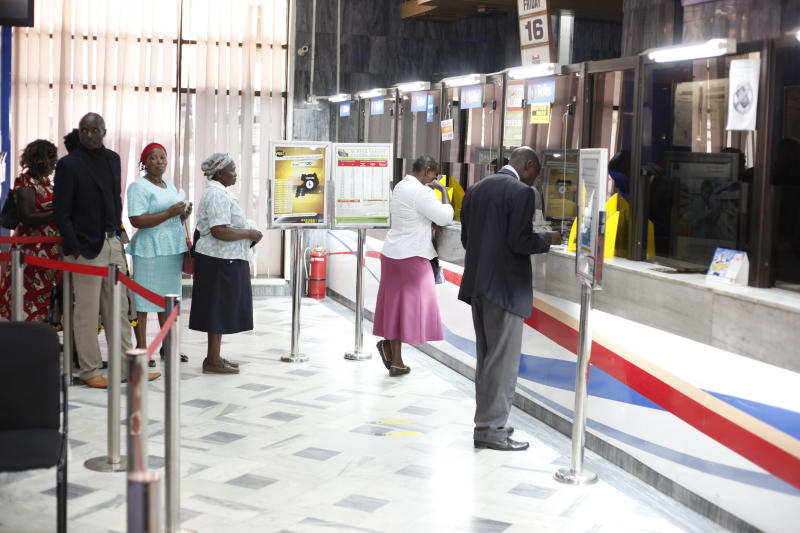×
The Standard e-Paper
Home To Bold Columnists

The government’s spying juggernaut has stretched its tentacles deep into the financial sector and is now pushing commercial banks to actively snoop on accounts of millions of Kenyans.
A document seen by the Sunday Standard gives a glimpse into just how deep the operation has gone, in what has seen commercial banks set up huge departments to cope with the increasing demands.